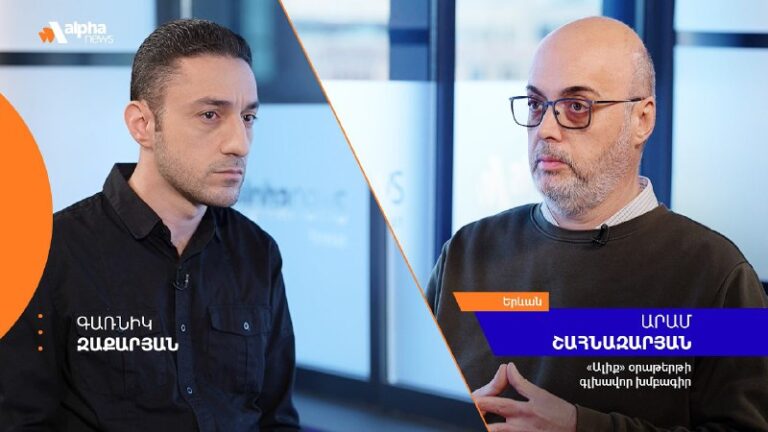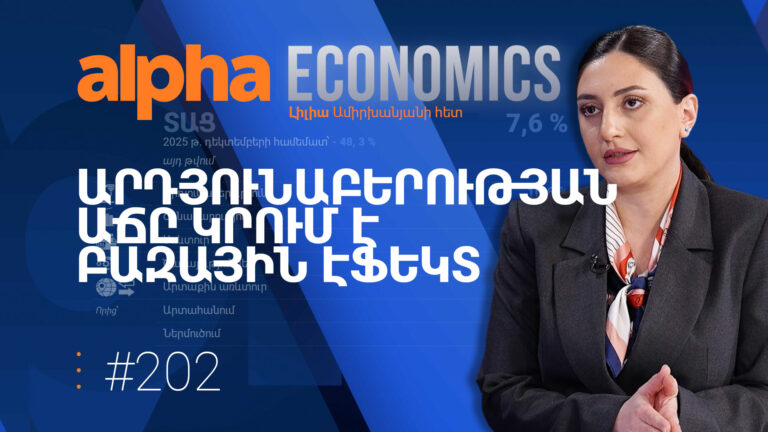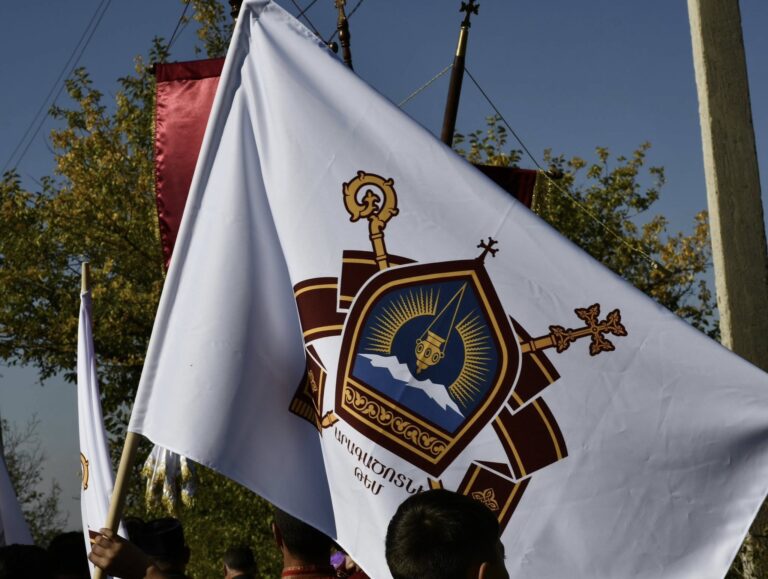Armenia’s exit from CSTO will not lead to collapse of entire system of relations with Russia, expert says
Speaking with Alpha News, Fyodor Lukyanov, Editor-in-Chief of the Russia in Global Affairs and Chair of the Presidium of the Council on Foreign and Defense Policy, commented on Armenia’s withdrawal from the CSTO and the prospect of Armenia’s orientation towards the West.
According to the expert, the more important issue is the presence of a Russian military base in Armenia. If the Armenian authorities propose to withdraw it, this could become a serious turning point in relations with Russia.
“The initiative for everything that is happening now comes from the Armenian side. Judging by the statements, and even besides the statements, the withdrawal from the CSTO, I think, logically, is an already happened fact for the simple reason that Armenia does not need the CSTO in general. Previously, it was symbolically important; now it is no longer important. In terms of security, relations were built between Armenia and Russia and not between Armenia and the CSTO; therefore, I believe the withdrawal from the CSTO will not lead to the collapse of the entire system of relations. Although, of course, any partnership relations are interdependent.
The more important issue is the presence of a Russian military base on the territory of Armenia. So far, we have not heard clear statements; on the contrary, the Armenian authorities are rather saying that this issue is not under discussion. This, of course, will be a much more significant thing if the Armenian authorities propose to withdraw the base. This can be a major turning point in the relationship. In this case, even formal allied relations may cease and some others may begin, which we do not yet know,” Lukyanov said.
According to the expert, the Western lean of Armenian policy is not very clear, given that Armenia borders with NATO and it turns out that the West for Armenia is Turkey.
“As for the policy of Armenia itself, the statements of the Armenian authorities clarify little, because the lean towards the West in terms of a whole series of symbolic gestures that Armenian officials make related to Ukraine, Belarus, etc. is a signal that is understandable, but the question is what’s next. Will these relations develop in any direction? Will there be a formalization of ties with the West? I don’t really understand what the Western vector of Armenian policy is, given that the West is separated from Armenia, Armenia does not border the European Union. Armenia borders with NATO.
Then it turns out that, in fact, the West for Armenia is Turkey. If we are talking about a qualitative change in relations with Turkey and, so to speak, transforming them into a close partnership, why not? Everything happens in history. Such a decision, if made, has a number of justifications. There is only one question: on what moral and ethical foundations will this partnership be built, and will there ever be at least some trust?
If, say, an attempt is made to rapprochement with Turkey, it seems to me that in this case the Armenian authorities, no matter what they think about Russia, would actually need to maintain the Russian presence, at least as a minimum guarantee. Well, what decision will be made is, of course, Yerevan’s sovereign matter,” Lukyanov said






